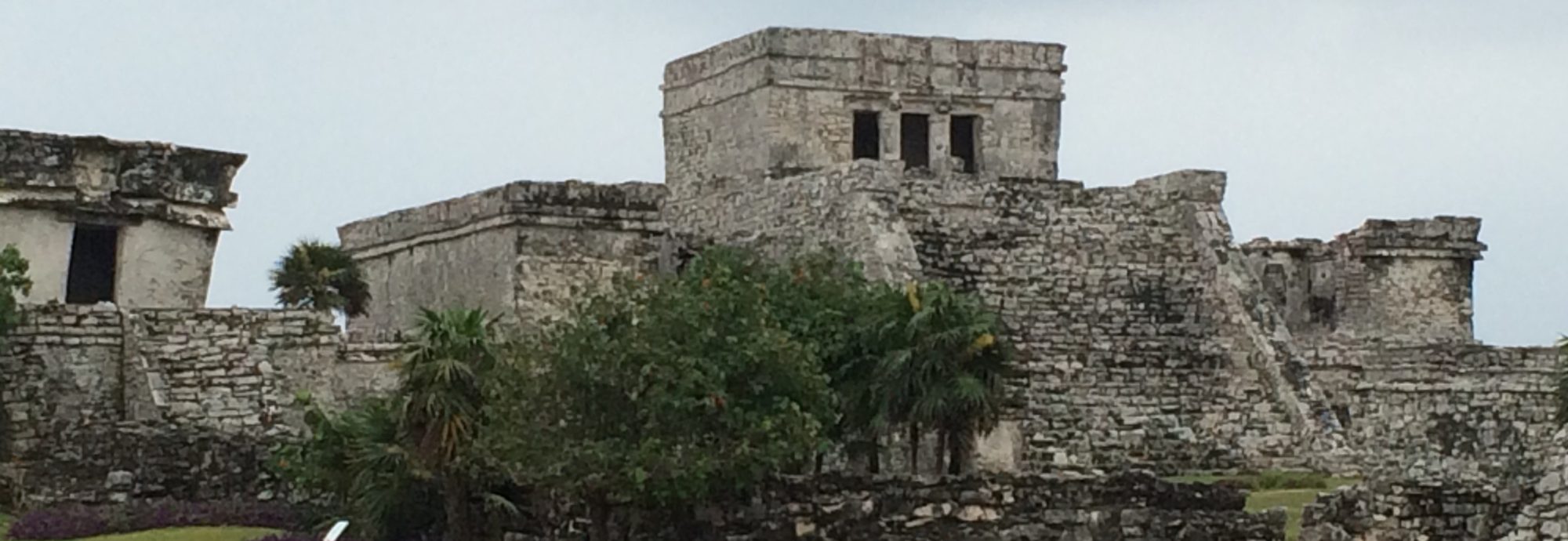Allen Christenson: “May It Dawn So That We Are Remembered: The Popol Vuh and Modern Maya Society.”
The K’iche’-Maya view of the creation as outlined in the Popol Vuh emphasizes the formation of beings who can provide for and sustain not only the newly-created world, but the gods themselves. In traditional Maya theology gods are no more immortal than the elements and living beings of the natural world. The sun dies each evening, maize plants dry up and die at the time of harvest, animals sicken and die, and gods suffer weakness and death in regular cycles. In the world view of the Maya, human beings stand as mediators between this universal life and universal death. They alone bear the burden of carrying out life-renewing ceremonies so that rebirth can follow death naturally and in its proper time. In the Popol Vuh, the gods themselves declare that they require “providers and sustainers” who will be able to speak the appropriate life-giving “words.”
The original K’iche’-Maya word for sustainer is q’o’l, which refers to one who provides sustenance, primarily in the form of nourishment, but also nurtures in any other way– such as a mother caring for an infant. The wording of this passage thus implies that the authors of the Popol Vuh consider that human beings bear the burden of caring for the gods in much the same way as a mother nourishes and cares for her child. If Maya ajq’ijab’ (traditionalist shamans) do not carry out the proper ceremonies in season, they believe that the world and its gods will simply cease to be. The speech uttered in prayers and rituals is not focused on praising or even thanking deity, but rather regenerative acts that would sustain the world and the very gods that created it.
Allen J. Christenson is a Professor of Precolumbian Studies in the Department of Comparative Arts and Letters at Brigham Young University. He holds a PhD in Precolumbian Maya Art, Literature, and Culture from the University of Texas at Austin. He has worked as a linguist, anthropologist, and art historian in the western highlands of Guatemala since 1976. The primary focus of his work has been the world view and ceremonial cycles of traditionalist Maya, particularly in K’iche’ and Tz’utujil regions. He has written many articles and book chapters as well as eight books, including Art and Society in a Highland Maya Community(2001), a two volume translation of the Popol Vuh (2003, 2007), and Bearing the Burden of the Ancients(2016). A new translation and critical edition of the Title of Totonicapán is currently in press for early 2022.

